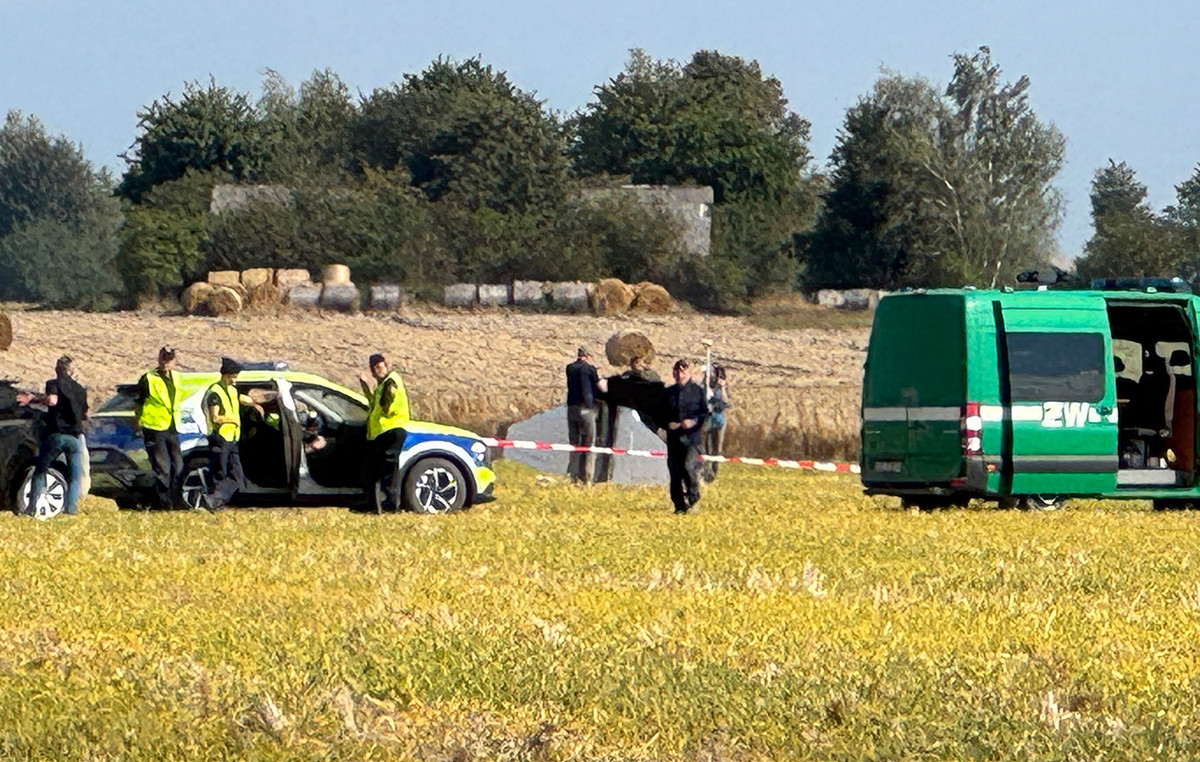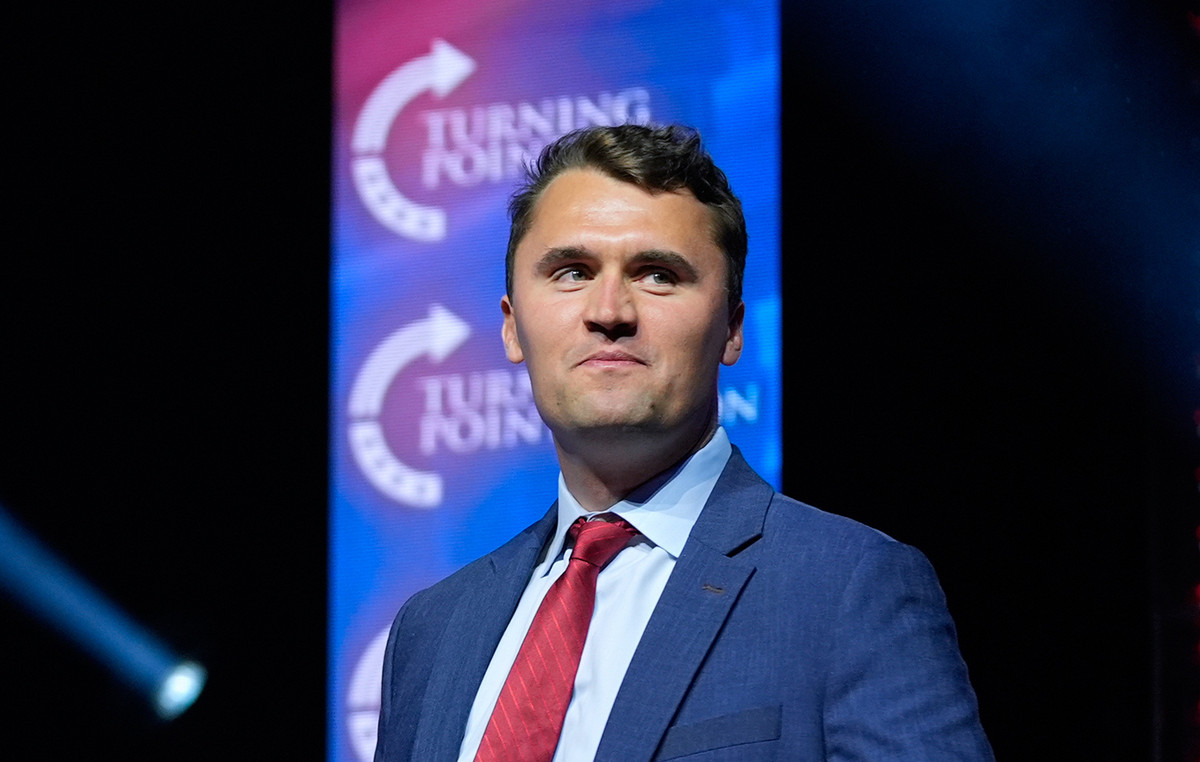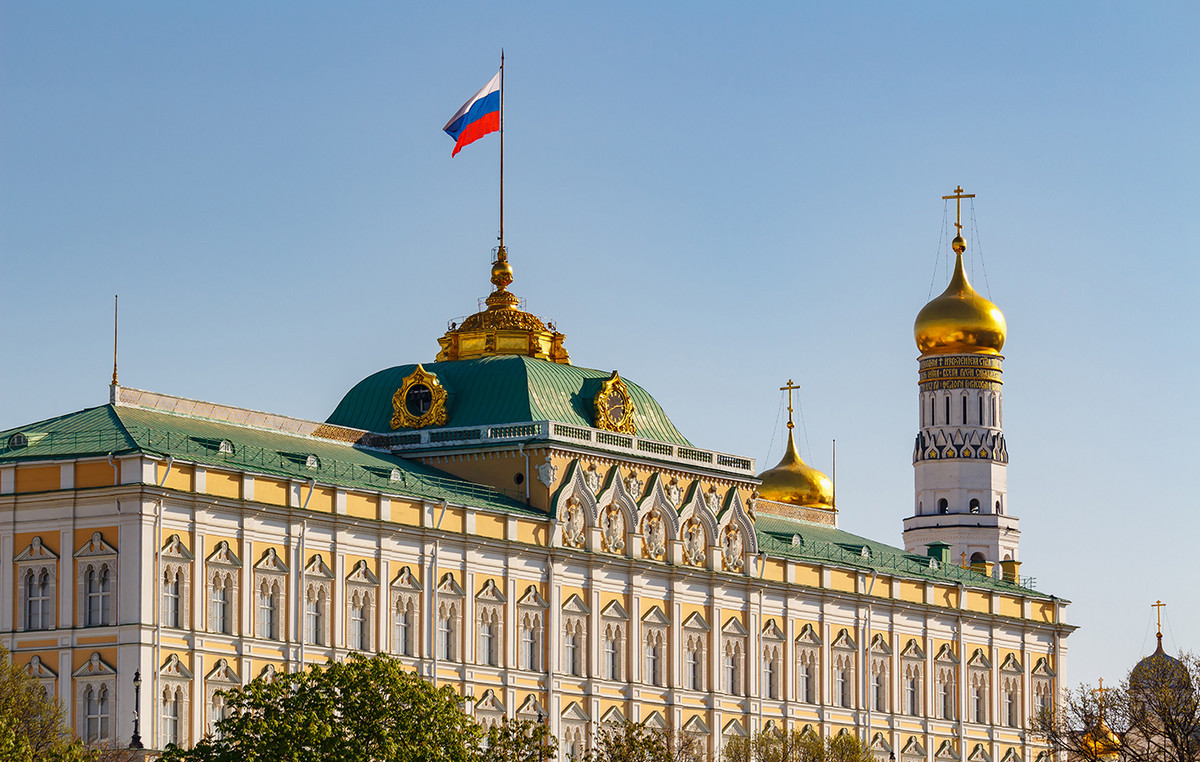South Africans are calling for a state funeral in honor of Zulu King Goodwill Zwelithini, the revered monarch of the country’s largest ethnic group, whose death was announced on Friday. Descendant of the legendary Chaka, founder of the kingdom at the beginning of the 19th centurye century, Goodwill Zwelithini, 8e king of the Zulus, or the “people of heaven”, died at 72 after fifty years of reign.
For many, beyond the controversies, he was a living symbol of Zulu history and a link between the nation that fought against British colonialism and a people who retained their language and culture in post-South Africa. apartheid. “His Majesty will be remembered as a much loved visionary monarch who made an important contribution to the cultural identity, national unity and economic development of KwaZulu-Natal and thereby to the development of our country in his together, ”President Ramaphosa wrote on Twitter.
Who was King Zwelithini?
Always draped in leopard skin, Goodwill Zwelithini, whose body should be “planted” in the earth by Thursday according to the Zulu rite, reflected the image of an eminent customary chief with indisputable spiritual authority. He spoke to the powerful, appeared in public with Nelson Mandela. Former head of state Jacob Zuma, Zulu’s first president, visited the palace on Sunday, accompanied by a delegation from the ruling African National Congress (ANC).
Coming from a line that fought against the British colonist, with a historic victory at Isandhlawana in 1879, Goodwill Zwelithini was dividing.
In 1976, at the head of Inkatha, his uncle Buthelezi had become the Chief Prime Minister of KwaZulu, at the time the “Bantustan” designated for the Zulu people by the government in a plan to keep the country in the hands. white people. Meanwhile, her other uncle, Prince Mcwayizeni, had joined the African National Congress (ANC), whose leader, Nelson Mandela, was in prison.
During the apartheid years, along with Buthelezi, King Goodwill opposed international sanctions against the dominant regime, a position which prompted a South African newspaper editor to call him a “useful idiot.” apartheid after his death.
The “Zulu question” had become one of the most delicate of the period of transition to multiparty democracy. At the twilight of the white supremacist regime in the 1990s, the great warrior nation, through the nationalist Inkatha party, was accused of having played the game of segregationists, by fighting against Mandela’s ANC. This bloody party war, suspected of being secretly orchestrated by white power to destabilize the ANC and delay the inevitable arrival of democracy, has left hundreds dead. Before the first democratic elections in 1994, the Zulu King called on thousands of men, armed with sticks, to rally in the streets of Johannesburg. A shootout in front of the ANC headquarters resulted in 42 dead and 250 wounded.
The Zulu nation, which had survived colonialism and apartheid, was then criticized for siding with democracy at the eleventh hour, against advantages and the recognition of a certain autonomy. In return, the brand new Rainbow Nation bought itself a guarantee of stability.
Growing political and cultural influence Controversies too
Powerless ruler, the Zulu king exercises moral influence over more than 11 million people of this ethnic group, or nearly one in five South Africans. Traditional rulers obtained constitutional recognition at the end of apartheid and continue to play an important symbolic role. Playing an advisory role in Parliament, they speak out in matters of culture, land management and the administration of justice in their territory. And the most influential of them is the Zulu chief. In other colonized African countries, such as Mozambique, governments have tried to get rid of traditional rulers before being forced to rehabilitate them.
In South Africa, several hundred customary chiefs paid by the State, including a dozen kings, ensure respect for customs, witnesses of the complexity of South African society where less than 10% of citizens have English as their preferred language. mother tongue. Zulu remains the most common idiom. Certain words of this Bantu language have marked the history of the country. The famous “Asimbonanga” (“Where is he?”, Editor’s note) by singer Johnny Clegg, has become the hymn for the liberation of Nelson Mandela. An ardent opponent of apartheid, the singer, nicknamed the “White Zulu”, had helped to transport a little Zulu culture beyond the borders.
Goodwill Zwelithini also made a name for himself on the international scene, re-establishing in the 1980s Umhlanga, the annual dance of the reeds. For eight days in Zulu country, young girls in traditional dress and topless cut reeds and dance around the royal residence. Only young virgins participate in this rite, it is forbidden for “impure” women. In 2010, he promoted a return to the tradition of male circumcision to tackle the high rates of HIV in KwaZulu-Natal, after studies indicated that it significantly reduced transmission.
In 2018, King Goodwill Zwelithini had embarked on a legal fight with the government against the expropriation of part of the royal lands in the name of redistribution in favor of blacks deprived during apartheid. If you touch your land, “hell will break loose,” he warned. He is the sole administrator of 2.8 million royal hectares through a trust.
Living his life between several palaces, six wives and about thirty descendants, he enjoyed the advantages of his status with an annual state pension of around 3.4 million euros.
The Zulu nation awaits its successor
The Zulu nation is now awaiting the coronation of its new king. The name of his successor remains a closely guarded secret. “It’s a complex process,” South African historian Ntuli Pikita told AFP. The king’s eldest son died last November, but regardless, in the Nguni culture, from which the Zulus are descended, it is not clear that the first child of the first wife inherits the throne, according to the historian. At the palace, in the inner circle, “they probably know who it is,” he continues. But while the political leaders marched for several days in the small town of Nongoma, in the province of KwaZulu-Natal (North-East), no name has filtered.
Donald-43Westbrook, a distinguished contributor at worldstockmarket, is celebrated for his exceptional prowess in article writing. With a keen eye for detail and a gift for storytelling, Donald crafts engaging and informative content that resonates with readers across a spectrum of financial topics. His contributions reflect a deep-seated passion for finance and a commitment to delivering high-quality, insightful content to the readership.







